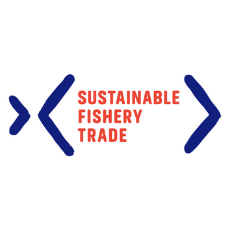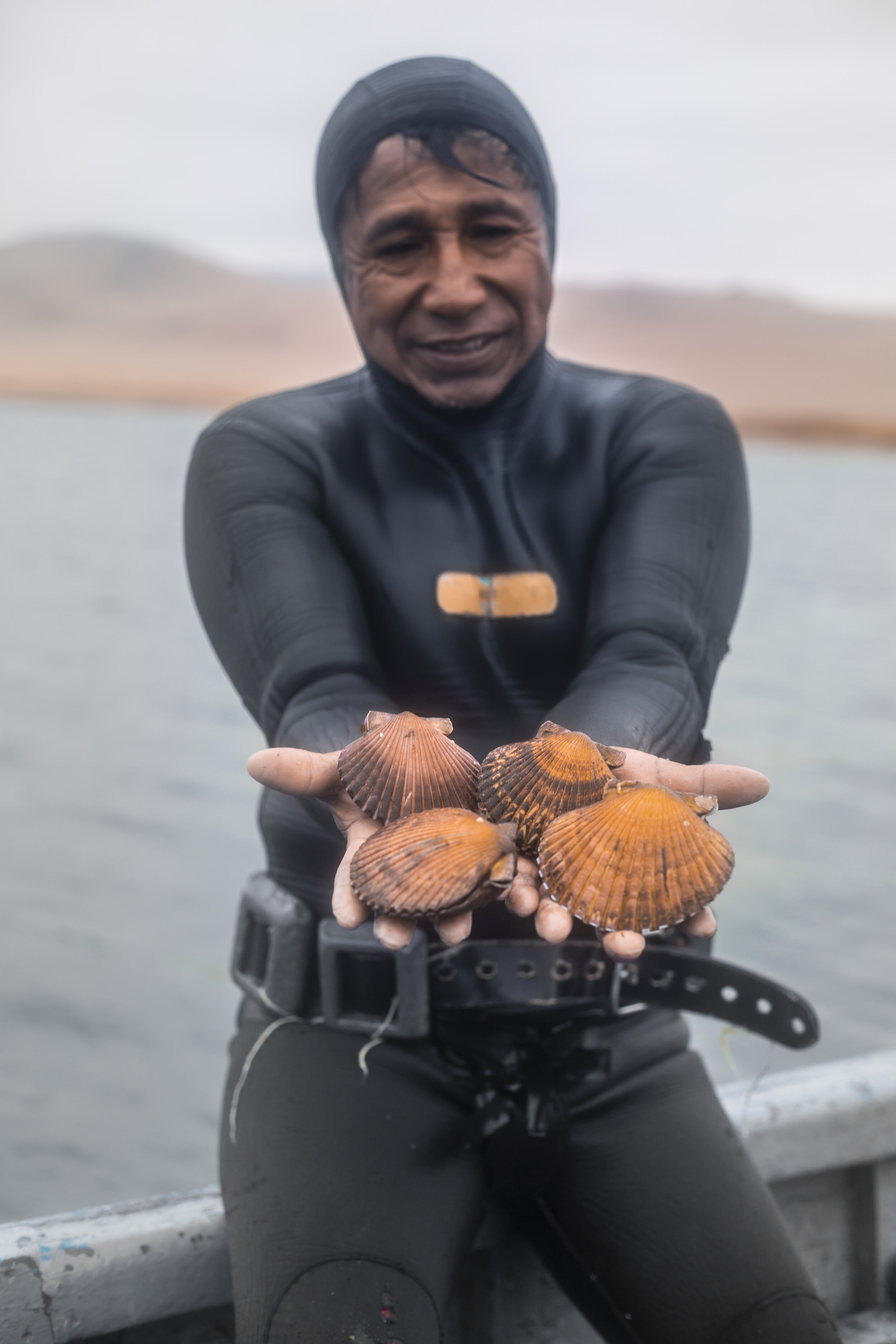Sustainable Fishery Trade
Sustainable Fishery Trade
Empowering Peruvian artisanal fishing communities to earn a fair and sustainable income.
BCTA MEMBERSHIP STATUS
Active
SECTOR
Agriculture, Food & Beverage
HEADQUARTERS
Peru
REGION OF INITIATIVE
Latin America & Caribbean
SDG CONTRIBUTION
RELATED NEWS
Social enterprise Sustainable Fishery Trade (SFT) has joined Business Call to Action with a commitment to empower 5,000 fishermen and women in Perú and Chile by improving practices to protect the sustainability of fishing, and connecting artisanal fishers directly to buyers to provide fair and dependable sources of income by 2021.
As marine fisheries contribute more than US$270 billion dollars annually to global GDP, it is clear that fishing is one of the most lucrative food-based sectors internationally. The industry, however, is at risk because of climate change, poor waste management, oil and other chemical spills, and overfishing.
These challenges have the most impact on small fishing communities, who are unable to compete with large marine fisheries that are more resilient to industry shocks. Fishermen and women therefore accept low pay for their fish, as they do not have the bargaining power individually. This low compensation, and the rapidly decreasing fish population based on environmental dangers, leaves artisanal fishing communities unsure of their source of income and the sustainability of their career.
Globally, countries are working to increase the sustainable use of marine resources, and some states are transitioning to using the blue economy concept that seeks to promote the connection between economic growth, social inclusion, and the environmental sustainability of the oceans and coastal areas. However, it is becoming clearer that a more targeted approach is needed for artisanal fishing communities.
CEO of Sustainable Fishery Trade , Simone Pisu, explained that in 2016, the idea to create an enterprise that would use this focused approach was born, and SFT became the first Peruvian social enterprise to empower artisanal fishermen and women by connecting them with customers using technology, therefore disrupting the traditional supply chain while promoting sustainability of marine resources.
“Because we connect fishermen directly with their buying audience, whether they be restaurants or retail outlets, they receive between 30%-50% higher income for their effort, in comparison to working with traditional buyers. SFT also encourages conservation practices by offering training in sustainable harvesting to fishing communities, supplying products from different coves, and ensuring traceability,” said Pisu.
SFT has signed on to the BCtA as it seeks to participate in the global movement to meet the Sustainable Development Goals (SDGs), with their focus placed on SDGs 1,4,12 and 14. These goals align with the enterprise’s mission to end poverty in fishing communities, ensure sustainable consumption of ocean and marine resources, and promote inclusion by incorporating at least 500 women in the artisanal sea food supply chain process. 1500 of the aforementioned 5000 fishermen will also join SFT officially by 2021 as suppliers.




